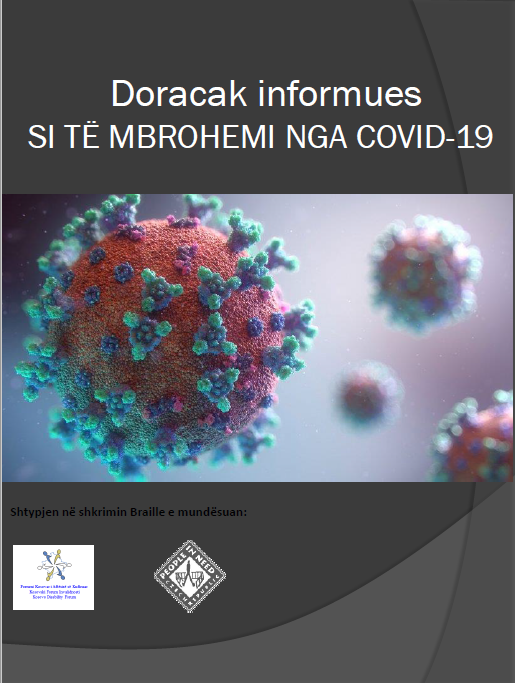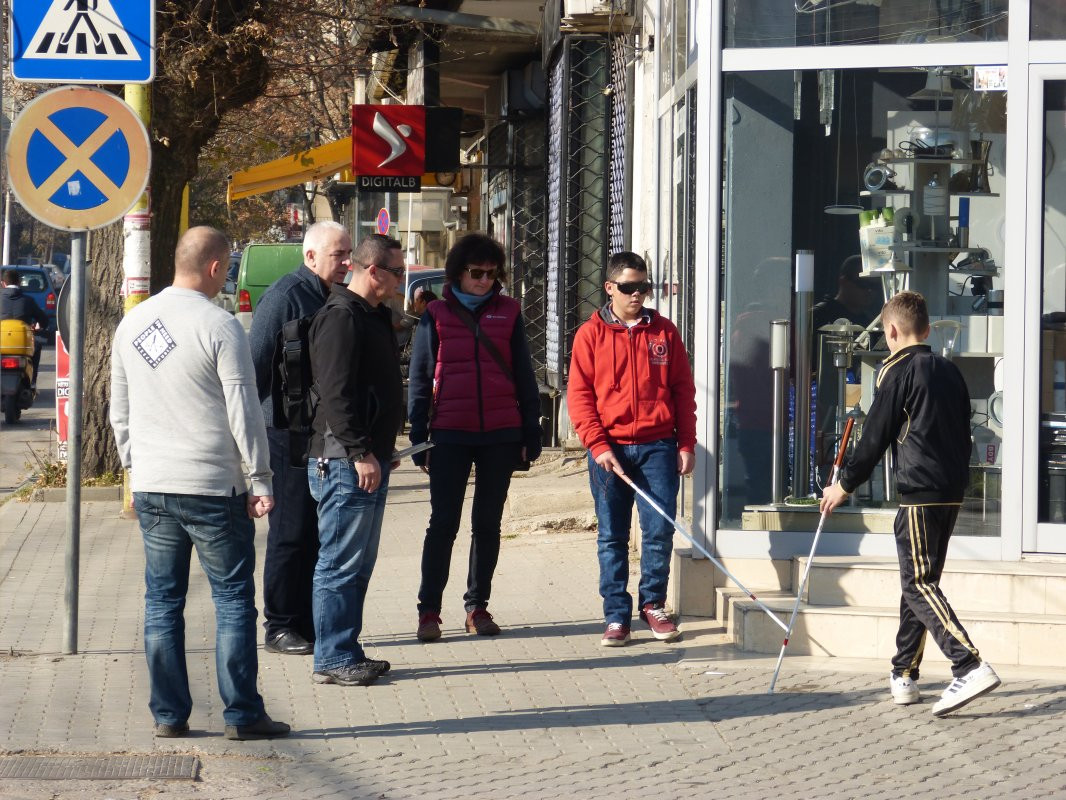Kosovo: Civil Society & Inclusive Governance
We support civil society to play a key role in social, economic, and democratic development in our target countries. We provide opportunities for civil society actors to develop the technical skills and mechanisms to become more effective governance and development actors.
We support civil society to engage with government actors to advance participatory democratic processes and develop inclusive public services. Specifically, our work targets a range of civil society actors, including youth and those representing marginalised communities, to ensure that government policies and services represent their needs. In parallel, we promote active citizenship, empowering individuals to exercise their rights, engage in democratic processes, and hold government officials accountable.
Our main areas of focus:
Empowerment of Civil Society Actors: Locally-driven, adaptive approaches to support the organisational and technical development of civil society, including civil society organisations, informal civic groups and grassroots activists. In our civil society development programming, we coordinate and—wherever possible—share expertise with our Center for Human Rights and Democracy.
Inclusive Governance of Public Services: Participatory development and monitoring public services, including Social Services, Education, Water, Sanitation and Public Health.
Ongoing aidORPast aid programmes

Circular Economy for a Green Transition in Kosovo
Incentivising individuals and businesses to adopt circular economy practices is crucial to achieving a Green Transition. Collaborative efforts like that between People in Need (PIN) and Let's Do It Peja (LDP) leverage unique technical expertise and experience. These attributes can build the capacity of civil society actors to influence policy reforms and promote circular economy alternatives.
The objective of our collaboration is to support Kosovo's transition to a circular economy. We will achieve this by strengthening civil society's ability to influence policy reform. We will empower and mobilise Civil Society Organizations (CSOs) to advocate for a gender-responsive transition to a circular economy. This will involve enhancing CSOs' organisational and advocacy capacities in the field of circular economy and establishing gender-inclusive informal networks to amplify their impact on policy reform. Additionally, we will conduct education and awareness-raising events to promote social entrepreneurship as a means towards a circular economy.
Kosovo's economy, like many of its European counterparts, operates on a linear model known as "Take-Make-Waste". This model produces environmental degradation and high levels of waste production. Transitioning to a circular economy, based on the principles of "Reduce-Reuse-Recycle", minimises resource inputs, carbon emissions, and waste generation. This shift necessitates a substantial commitment to sustainable resource management and waste reduction through the promotion of sustainable products and investment in recycling and repair infrastructure.
Despite various environmental challenges, Kosovo has not prioritised environmental protection or climate change mitigation in recent years. The management of solid waste has been particularly challenging, with infrastructure insufficient to effectively handle waste, according to a World Bank. While international organisations have assisted Kosovo in implementing environmental regulations, the principles of circular economy have yet to be fully realised. Although laws and regulations have been enacted to prevent further environmental degradation their enforcement remains lacking.

Humanitarian aid during the refugee crisis in the Balkans
People in Need helps during the ongoing refugee crisis in the Balkans, where currently 140,000 migrants live in local legal and illegal refugee camps in very poor living conditions. Together with the non-profit organizations ComPass 071 in Bosnia and Herzegovina, Fokus Plus in Kosovo, Legis in Northern Macedonia, and the Romanian Logs Association - Social Initiatives Group, we provide humanitarian aid in the form of medical assistance, clothing, food, legal and social counselling, and psychological support.

Support for People with Disabilities during Isolation

Education for All – Fulfilling the Rights of Children and Adolescents with Special Needs and Vulnerable Communities
This project commits to increasing the social inclusion of children with special needs, as well as members of marginalised social groups such as the vulnerable Roma Ashkali and Egyptian communities, in the formal education system. The project focuses on the development of teachers’ capacities regarding inclusive education, and works at the national level with the Ministry of Education in order to provide a unified approach to inclusive education (IE). The project contributes to the development of the education sector in Kosovo, especially through the implementation of IE for children with common mental health problems and learning difficulties and children from vulnerable communities. In addition, it is building the capacities of our local partner CSOs, The Ideas Partnership and Autizmi Flet, for the purposes of ensuring sustainability and the continuation of the training for IE in Kosovo. The support will include piloting the improvement of school-based services in selected municipalities in Kosovo by offering interns as teachers’ assistants, and also offering psychologists, pedagogues and speech therapists to schools.

Amplifying Local Voices for Equitable Development

Partnership for Social Inclusion

Introducing New Approaches to Civic Education

Enhancing the Employment of Vulnerable Groups





